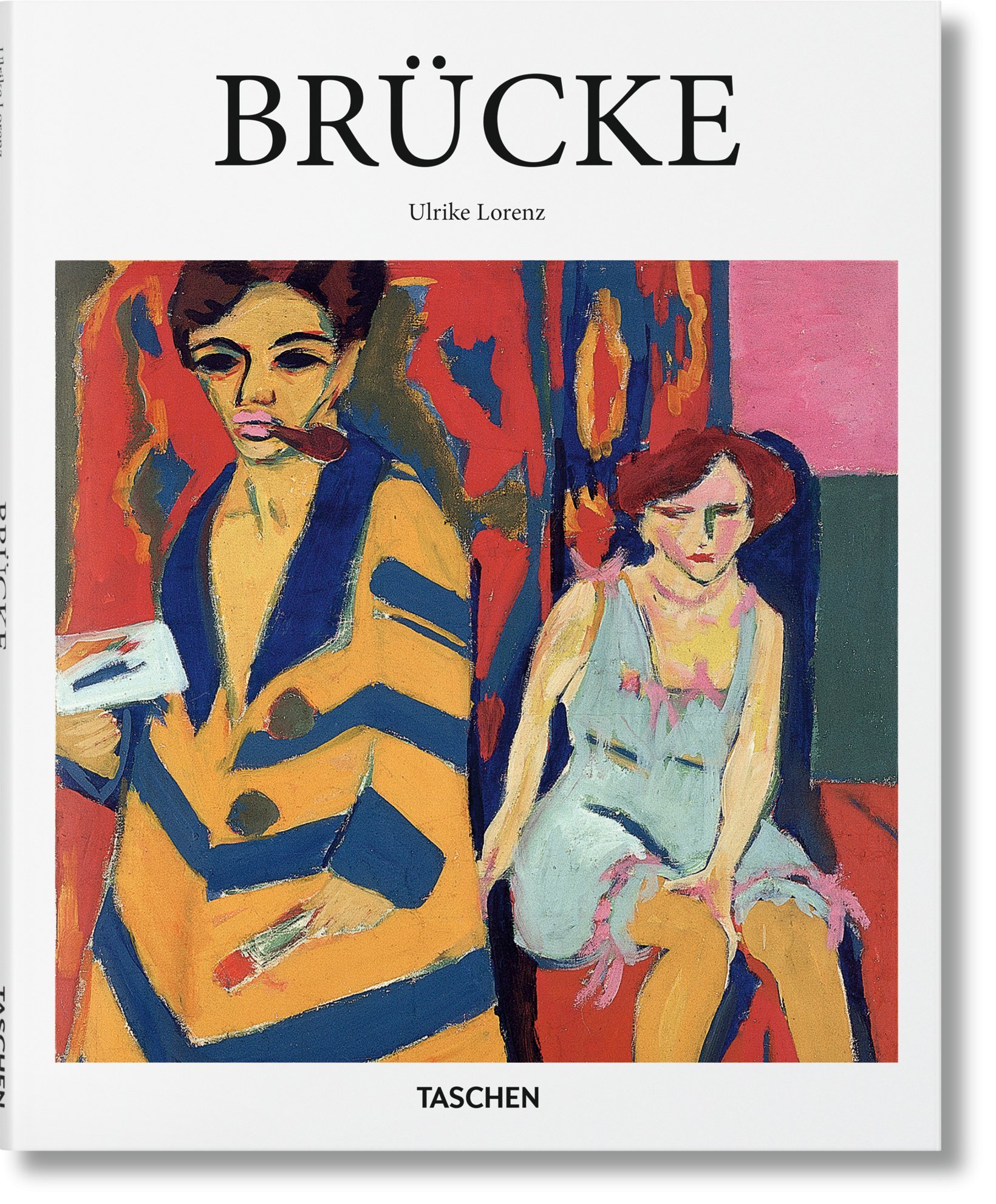
Categorii: Neclasificat
Limba: Engleza
Data publicării: 2016
Editura: Taschen
Tip copertă: Hardcover
Nr Pag: 96

In the German city of Dresden on June 7, 1905, the foundation of the Die Brucke artists' group (1905-1913) is widely regarded as the birth of Expressionism.
Led by Ernst Ludwig Kirchner, Fritz Bleyl, Erich Heckel, and Karl Schmidt-Rottluff, the group sought to reject the limits of academia and, as their name suggested, to bridge the path to an artistic future. Their manifesto, printed with woodblock, insisted on absolute freedom from convention in their work as well as their lives. This new, liberated art incorporated portraits, landscapes, and city scenes, but substituted an objective rendering of reality with an expression of interior geography. In paintings, as well as their favored wood and linocut prints, the artists of Die Brucke would fill pictorial space with jagged lines, crude forms, and clashing colors, all to express their subjective experience of the world.
Like the Fauves, the artists took stylistic lead from non-Western traditions of Oceanic and African arts, while also reviving the print and painting techniques of Albrecht Durer and Lucas Cranach the Elder. This richly illustrated book introduces this essential expressionist movement. We examine Die Brucke's key works and protagonists; its varied, international inspirations; and its crucial influence on later 20th century art. Along the way, we find candid nudes, crowded street views, and blissful bathing idylls, each of them vivid with energy and intent on a new kind of art.